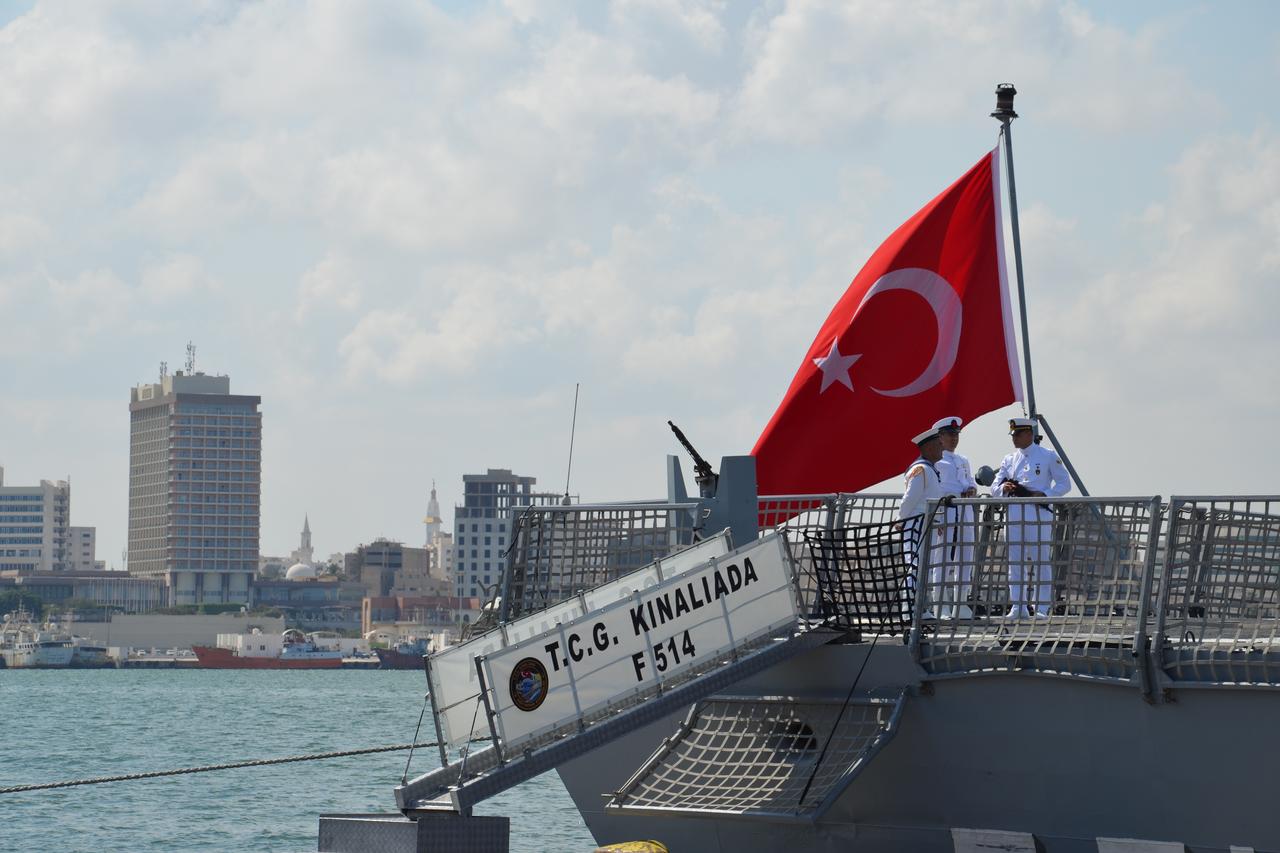
Libya's eastern parliament is expected to vote in the coming weeks on a 2019 energy exploration agreement with Türkiye, marking a dramatic shift in relations between Ankara and the region's military strongman, Khalifa Haftar, according to people familiar with the matter who spoke to Bloomberg Thursday.
The House of Representatives in Benghazi is preparing to consider the pact that would allow Turkish ships to explore for oil and gas in waters between Crete and Türkiye, said sources in both countries who requested anonymity due to the sensitivity of the issue.
"Most obstacles to the accord have been removed," they said.
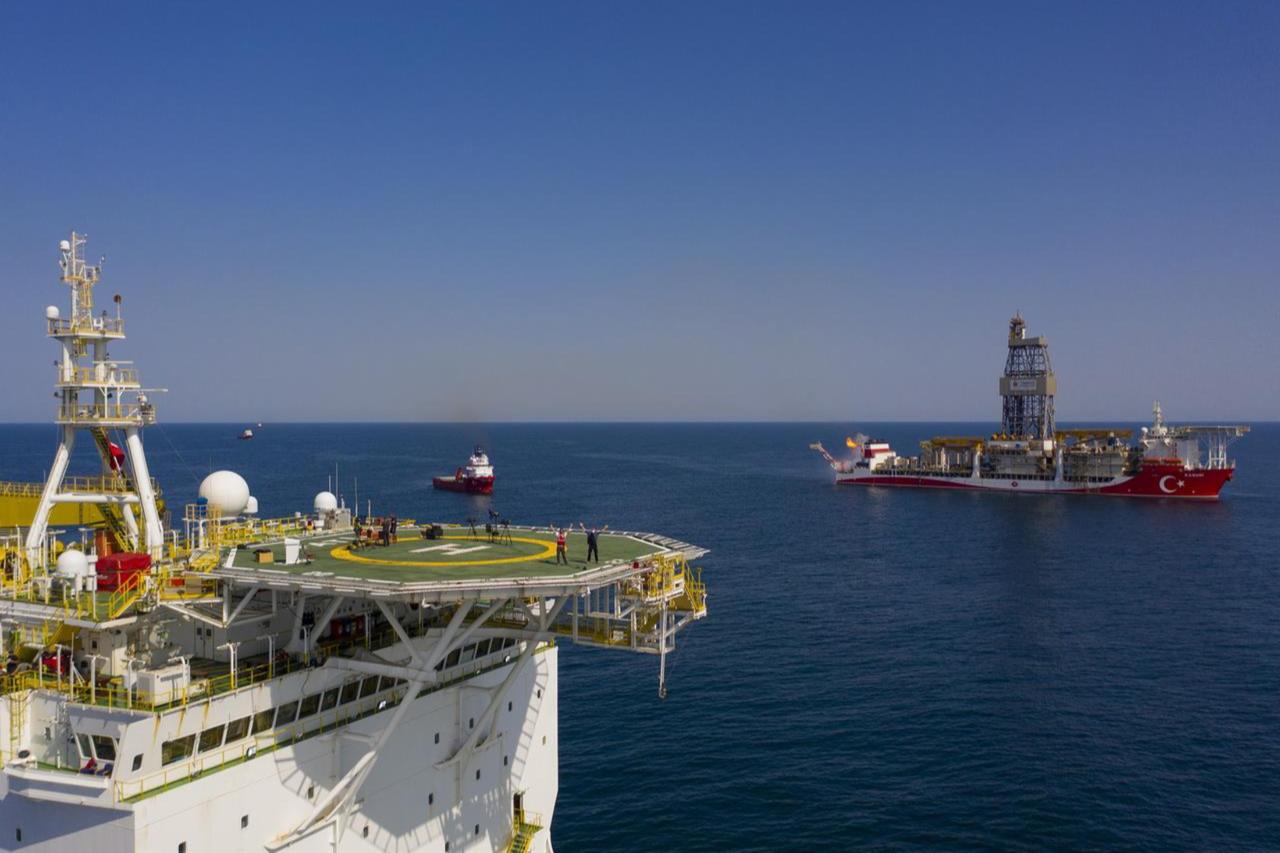
The potential agreement represents a significant development for the war-torn OPEC member, which remains split between rival administrations in Benghazi and the western capital, Tripoli.
While Tripoli's government has long supported the deal and maintains strong ties with Türkiye, opposition from the east—where Haftar's Libyan National Army holds sway—has previously blocked its implementation.
The eastern parliament's change of position reflects warming relations between Türkiye and Haftar, former adversaries who fought on opposing sides during the 2019-2020 battle for Tripoli.
Türkiye had militarily backed the Tripoli government, which Haftar, supported by the United Arab Emirates, Egypt, and Russia, unsuccessfully attempted to overthrow.
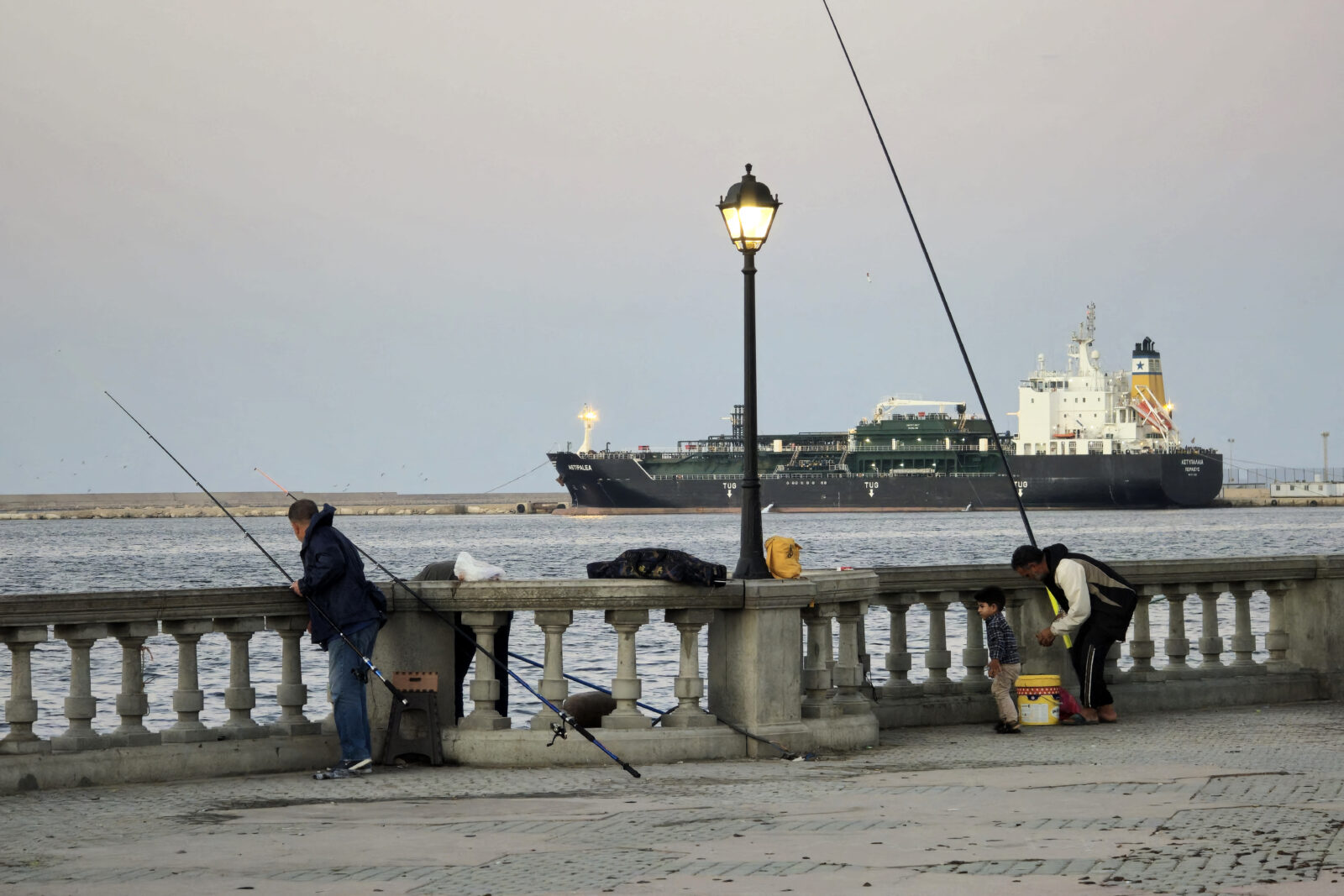
In a symbolic gesture of improving ties, the Turkish navy corvette TCG Kinaliada is making its first visit to Benghazi's port this week, Turkish officials familiar with the moves said.
The vessel had previously visited Tripoli, where Libya's Chief of Staff, Mohammed Haddad, and Naval Forces Commander Nureddin el-Buni toured the ship.
Türkiye is also considering sending military trainers and advisers to eastern Libya, the officials said.
The rapprochement gained momentum after Haftar's son and heir apparent, Saddam, met Türkiye's defense minister and army chief in Ankara in April.
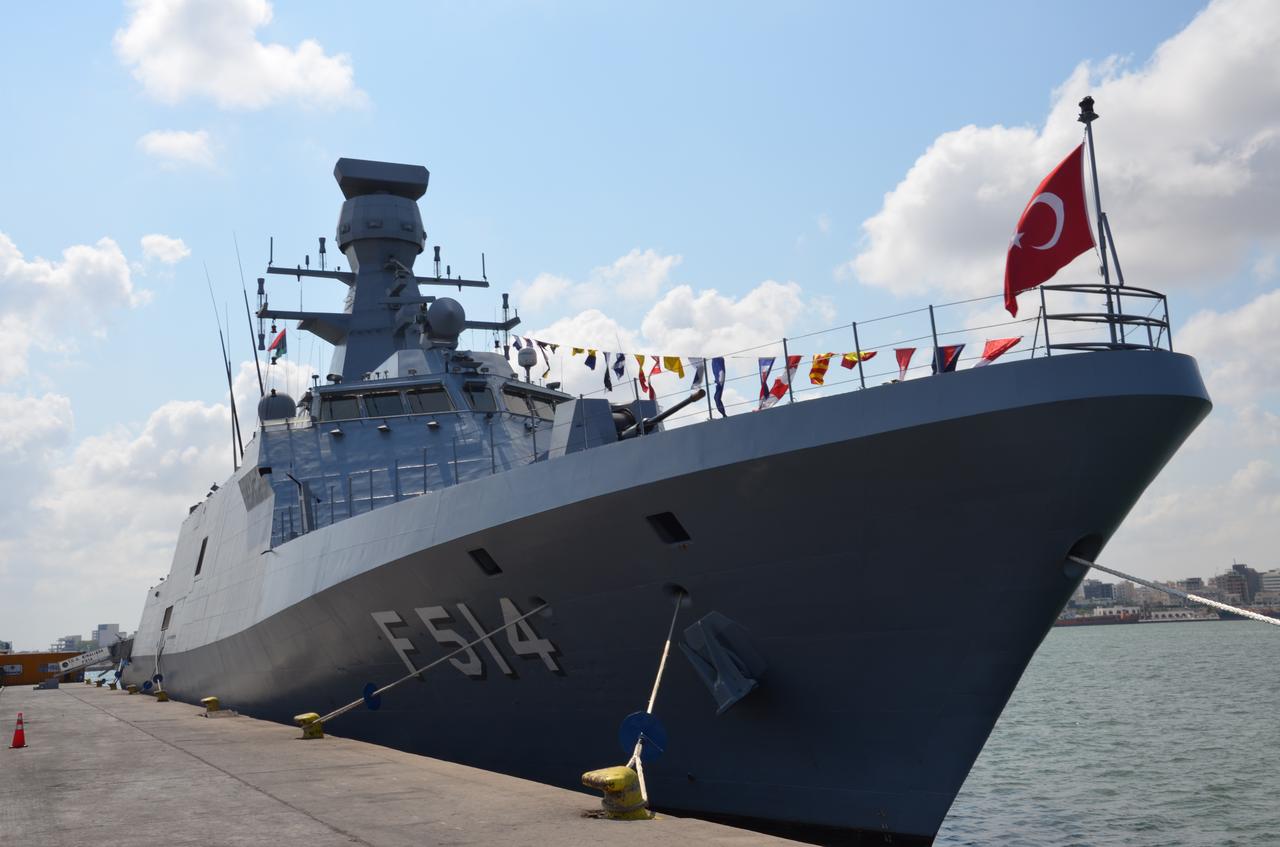
Beyond Mediterranean exploration rights, Türkiye seeks to salvage business contracts worth billions of dollars that have been in limbo since Libya descended into conflict following Muammar Al Qaddafi's 2011 overthrow.
Turkish contractors are already engaged in projects to rebuild Benghazi and start production of industrial materials.
Türkiye has recently started direct flights to the eastern city, and among Eastern Libyan authorities, "there's a consensus that the agreement serves their interests and will bring in investment," a Libyan official familiar with the talks told Bloomberg.
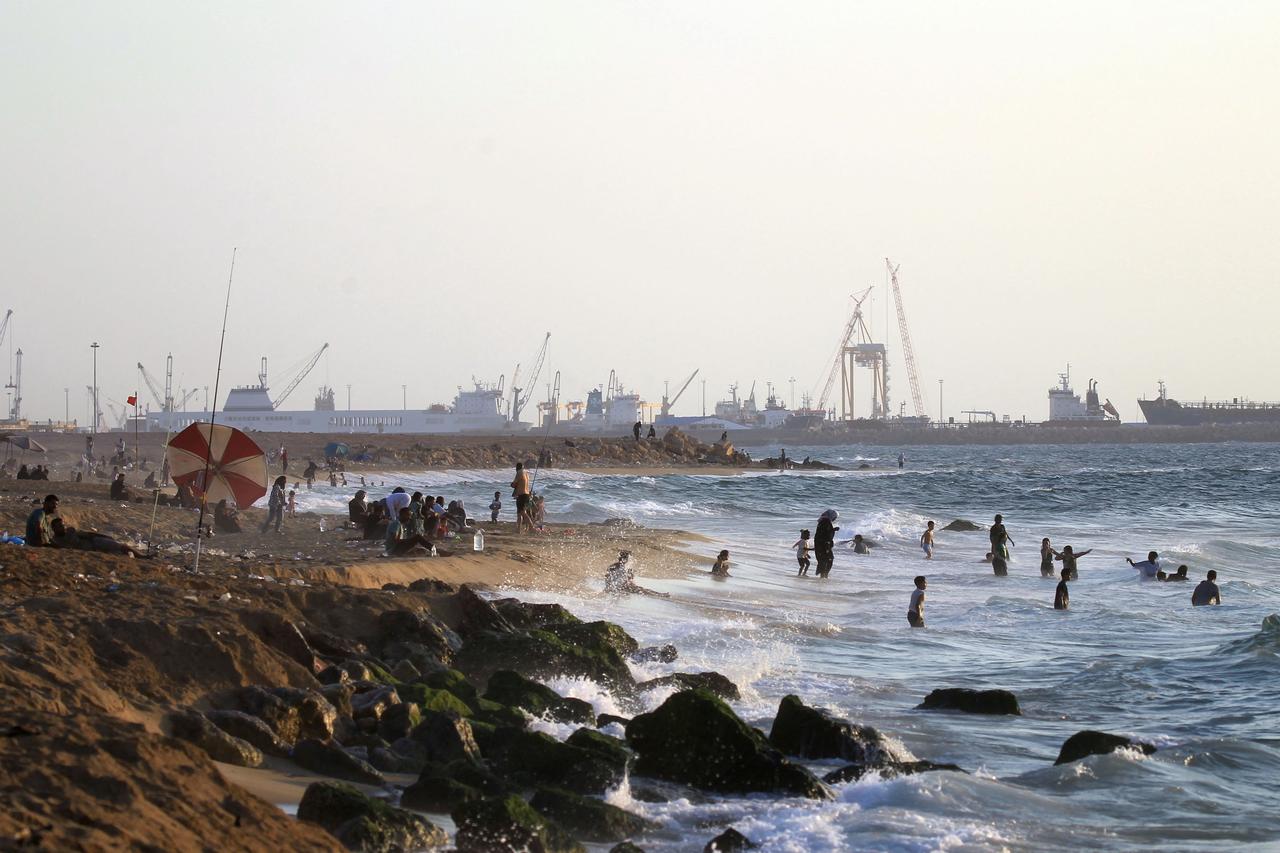
The agreement, if approved, could reignite disputes with Greece and Greek Cyprus, which accuse Türkiye of seeking dominance in contested Mediterranean waters.
The European Union has stated that the proposed Libya-Türkiye deal "infringes upon the sovereign rights of third states and doesn't comply with the U.N. Law of the Sea."
Greece escalated tensions in May by announcing an exploration tender for energy blocks south of Crete that extend into waters claimed by Libya.
Meanwhile, Haftar has strengthened his family's control over eastern Libya's military apparatus.
He recently appointed his son Khalid as Chief of General Staff, promoting him to lieutenant general and replacing Abdurrazik en-Nazuri, who was reassigned as national security adviser by the House of Representatives on Aug. 18.
Another son, Saddam Haftar, was appointed deputy commander of the Libyan Arab Armed Forces on Aug. 11, making him the second most powerful military figure in eastern Libya after his father.
Saddam previously served as commander of land forces in the eastern armed forces.